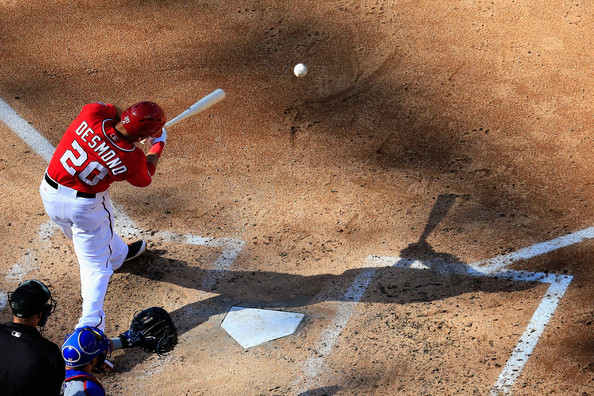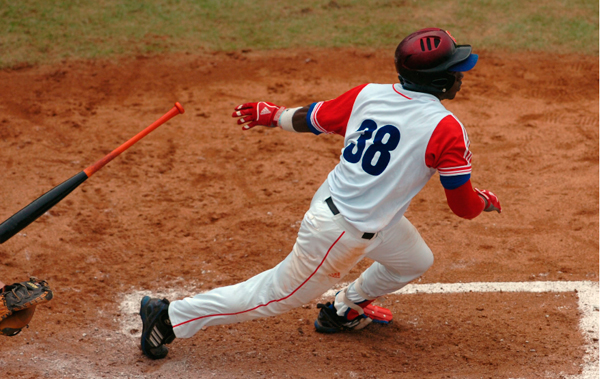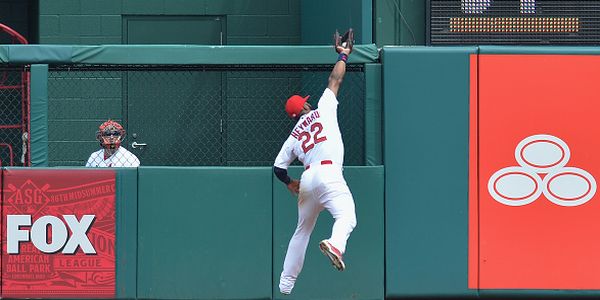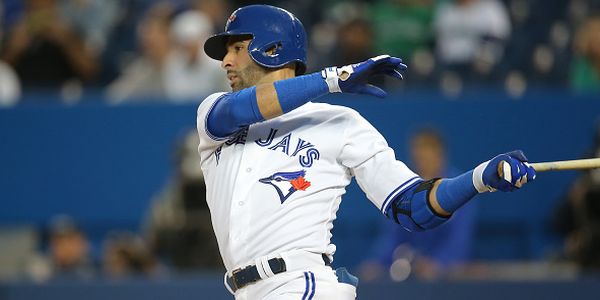Los Angeles Angels acquire David Murphy and David Dejesus
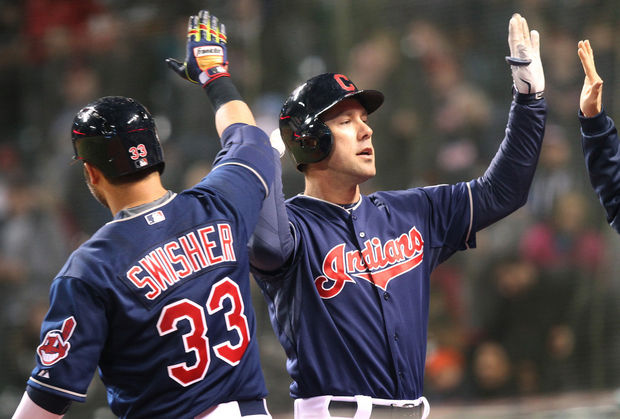
Bill Stoneman certainly hasn’t been afraid to pull the trigger on trades since taking over as the interim general manager in Los Angeles. True to his style, his trades have been under the radar moves that tend to add up over time. In the span of two days, he has acquired Conor Gillaspie, Shane Victorino, David Murphy, and David Dejesus. While Stoneman was not necessarily known for being sabermetrically inclined, his deals have shown a bit of sophistication here in the early going.
What the deal means for the Angels
The Angels have been floundering around in the outfield since Josh Hamilton relapsed this winter. They tried Matt Joyce in the early going, but he has been a profound disappointment. The outfield alignment has consisted of Mike Trout in center, Kole Calhoun in right, and whatever they could scrape up in left field. Unfortunately, that kind of uncertainty has also stretched to the designated hitter slot. In the span of 48 hours, Stoneman added three outfielders that could play each position and also potentially serve as designated hitters.
Numerous sabermetricians have written about what some might call the platoon advantage. In essence, you could pay someone a fraction of the cost even if they produce like an all-star against righties or lefties. Employ two such players and you get all-star performance for maybe half the price. Victorino, Murphy, and DeJesus all succeed against one or the other. Combine them and they begin to look like all-stars even though it cost you a fraction of the cost.
- David Murphy (right-handers): .279/.344/.457
- David Murphy (left-handers): .257/.305/.350
- Shane Victorino (right handers): .265/.327/.397
- Shane Victorino (left handers): .304/.373/.502
- David DeJesus (right handers): .285/.362/.441
- David DeJesus (left handers): .250/.320/.339
All three players have .800+ OPS for their careers against either righties or lefties. Murphy and DeJesus have a sub 700+ OPS against pitchers with the opposite arm with Victorino in the low 700s. You mix and match them and you could have as many as two additional 800+ OPS hitters in your lineup. Stoneman didn’t have to surrendere much to get any of them because all of them were bench players at their last stop.
What does the deal mean for the Indians
The Indians dealt Murphy to the Angels in exchange for infield prospect Eric Stamets. Murphy was making six million dollars this season with a 500 thousand dollar buyout on next season, so the Indians save about 2.5 million dollars on the deal. Stamets was rated as the 23rd ranked player in the Angels system following 2014 according to Baseball America. He repeated AA this season and has not impressed with the bat this season. He has a .248/.306/.360 slash in 241 plate appearances. He’s never had an OPS over .710 in four seasons in the minors.
What does the deal mean for the Rays
The Rays traded David DeJesus in exchange for Eduar Lopez. DeJesus came in with a little more value because he has played all three outfield positions in his career, but like Murphy, he was languishing on the Rays bench. The Rays will save approximately three million dollars counting the buyout on his 2016 contract. Lopez is still only 20 and has not advanced past short season A-ball. He is a combined 10-9 with a 3.39 ERA in 191.1 combined innings. Obviously, he is a long-term project and most of those don’t pan out, but you never know.
What does the deal mean for you
Unfortunately, this deal means a lot more to the Angels than it means for you. All three of these players may only end up playing between 60 and 70 percent of the time. The good news is that they will likely be more productive than normal because they will be put in situations where they are more likely to be successful. The bad news is that they won’t play enough to be a fantasy factor. Of course, none of them were much of a fantasy factor to begin with, so no one’s situation has changed as a result of this trade.


